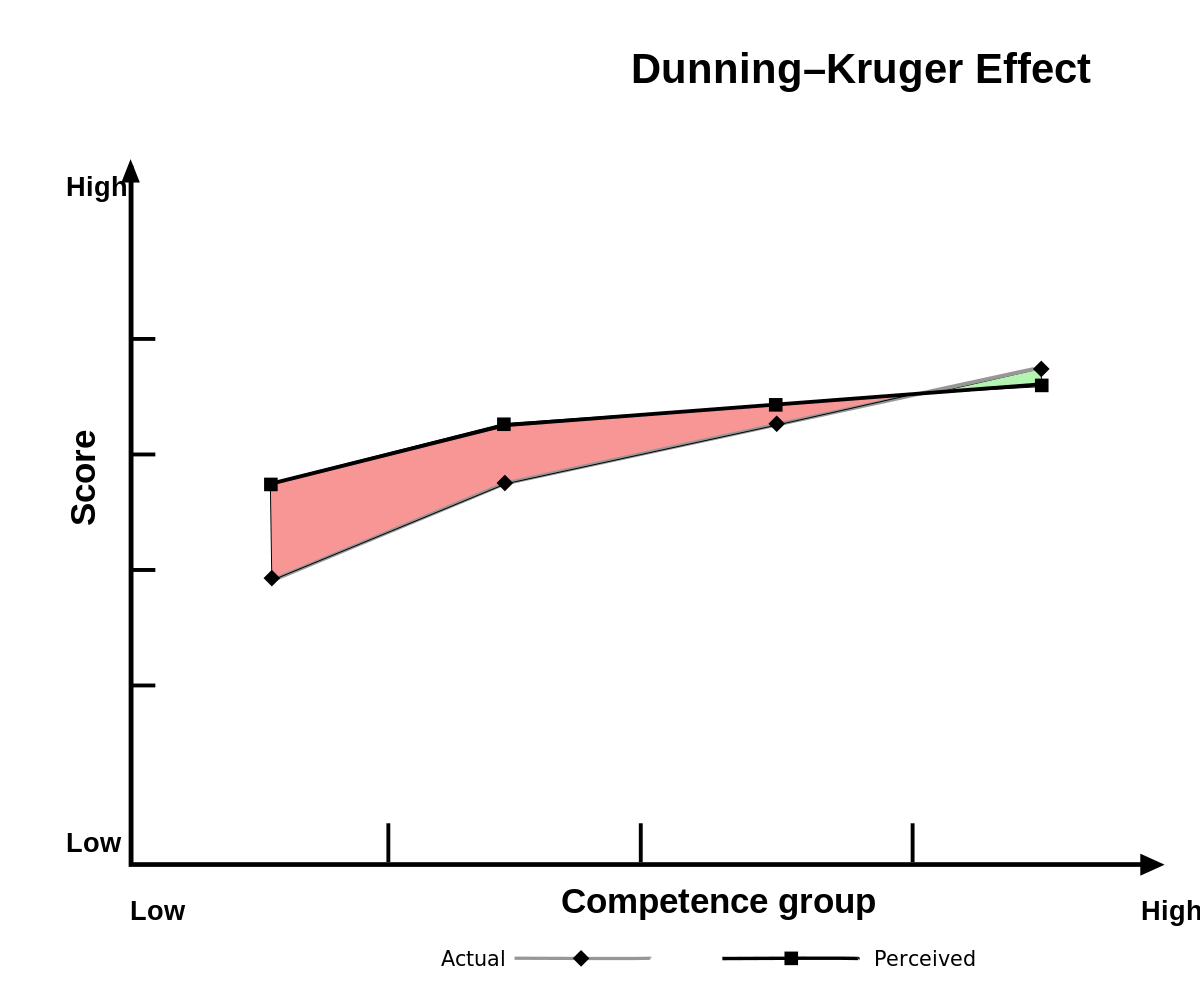Are you saying that only master’s level folks who seek training after licensure as prepared as you are to provide therapy? In the master’s program housed within The same department as my doctoral program, students had a year of part-time practice, then a year of part to full-time practice depending on the internship, and then had to be supervised for at least another year before licensure (3+ supervised years of just psychotherapy practice). Add in specific courses in counseling theory, group therapy, techniques, multicultural Counseling, diagnosis, family therapy, research & stats, and a few other counseling-related elective courses specific to psychotherapy practice. That is the sole focus of the master’s program. Is psychiatry really providing equivalent training and coursework to a master’s program in which therapy is the full focus?
I think there's a ton of variability as was stated above.
A master's level clinician is supposed to do 3000 hours total prior to licensure for independent practice.
It's a little difficult to separate out what is specifically 'therapy training' from the residency, but a lighter psychiatry residency is ~3000 hours *each year* in years 1 and 2 and ~2000 hours per year in years 3 and 4.
Regarding the specific things you mentioned,
Groups and family: yes I had both didactic and supervised case experience with group therapy and with family/couples therapy in residency.
Multicultural - covered in didactics, I don't recall doing a supervised case, would be available by request/interest
Diagnosis - covered ad nauseam in the other 7000 hours
Research and stats - pretty much everyone who goes through MD training nowadays gets some training in interpreting the literature as well as some hands-on research experience. How well they learn/apply is a different story for another day. I'm sure this applies to the master's students as well.
Counseling theory - nope, got me there, we sure got a crap ton of psychodynamic/psychoanalytic theory in didactics though
I think the main point of earlier psychiatrists posting here is that the psychotherapy training is highly variable in residency in the way that the psychotherapy-related requirements are met, and that makes sense given that it is not the sole focus of residency, but seems to be peripheral to the main training. Is that not a fair statement?
Of course it is variable, but I would cross out the 'peripheral' statement. I don't think therapy is made peripheral in the curriculum, though some residents can choose to make it so. Conversely, many can choose to make it a specific focus of interest. There are psychotherapy-focused tracks within many psychiatry residencies.
Sometimes the volume/emphasis is fine but the quality is poor (as I mentioned I didn't find the psychodynamically focused training we got to be particularly useful). My point was that our therapy training is not limited to 'didactics and a handful of cases' as was stated upthread.
Certainly there is variability in training in master’s programs, but the coursework alone is fully-focused on training therapists, which is already qualitatively different from a psychiatry residency.
My observations are that the end product is extremely variable. End product of psychology training seems less so. I can't tell what's going on with the MDs because I rarely get patients who say they had psychotherapy with a previous MD. As mentioned above there is financial pressure on MDs to do more med management and less psychotherapy.

